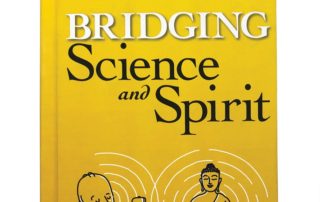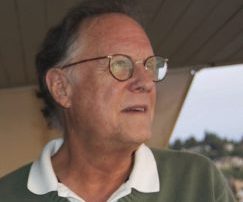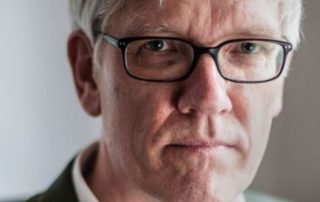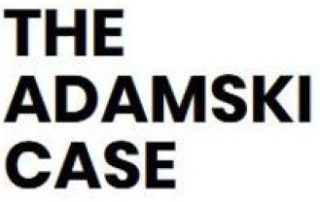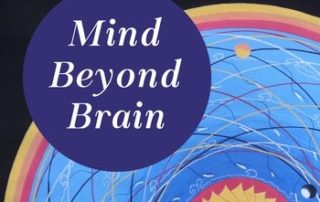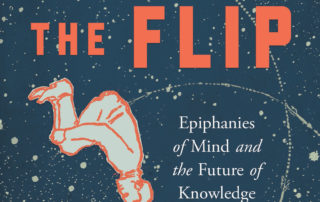
Expanding the Scope of Science
ORIGINS
David Lorimer introduces the Galileo Commission Report
REMIT
The Galileo Commission was founded in 2017 with a view to expanding the worldview of science beyond its limiting materialistic assumptions, which are seldom explicitly examined. A central and widely held assumption is that the brain generates consciousness and is therefore extinguished at death.
Following widespread consultation in 2018 with 90 advisers representing 30 universities worldwide, we have published the Galileo Commission Report, written by Prof Dr Harald Walach and entitled Beyond a Materialist Worldview – Towards an Expanded Science. The report has been widely endorsed as a groundbreaking document, so we encourage you to support our movement by joining the Galileo Commission either as a Professional Affiliate or a Friend. There is also a Summary Report and a Layman’s Report, and a brief summary of the argument is available in a number of languages. We encourage you to read and support Dr Athena Potari’s Call for a Renaissance of the Spirit in the Humanities and to read our edited book Spiritual Awakenings, which documents the transformative experiences of 57 scientists and academics.
A Call for a Renaissance of the Spirit in the Humanities
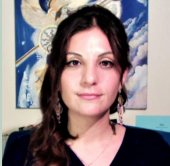 The “Call for a Renaissance of the Spirit in the Humanities”, written by Dr Athena D. Potari, is a pioneering project aiming to raise awareness regarding how the prevailing paradigm of materialism affects the ways in which knowledge is approached within the context of the Humanities. In line with the Galileo Report, which discusses the importance of liberating the positive sciences from the limitations of the paradigm of scientific materialism, this Call aims at making the case for the Humanities as well. The Call explores how recent developments in scientific studies on consciousness, and the ensuing understanding that consciousness is primary and unified, can inform our understanding of what it means to be “human” with correspondingly appropriate epistemologies, as well as how we approach key areas of human activity, including ethics, politics and the environment.
The “Call for a Renaissance of the Spirit in the Humanities”, written by Dr Athena D. Potari, is a pioneering project aiming to raise awareness regarding how the prevailing paradigm of materialism affects the ways in which knowledge is approached within the context of the Humanities. In line with the Galileo Report, which discusses the importance of liberating the positive sciences from the limitations of the paradigm of scientific materialism, this Call aims at making the case for the Humanities as well. The Call explores how recent developments in scientific studies on consciousness, and the ensuing understanding that consciousness is primary and unified, can inform our understanding of what it means to be “human” with correspondingly appropriate epistemologies, as well as how we approach key areas of human activity, including ethics, politics and the environment.What people say…
Featured book
Featured podcast
The Playful Universe – Marjorie Woollacott, David Lorimer and Gary Schwartz (Eds)
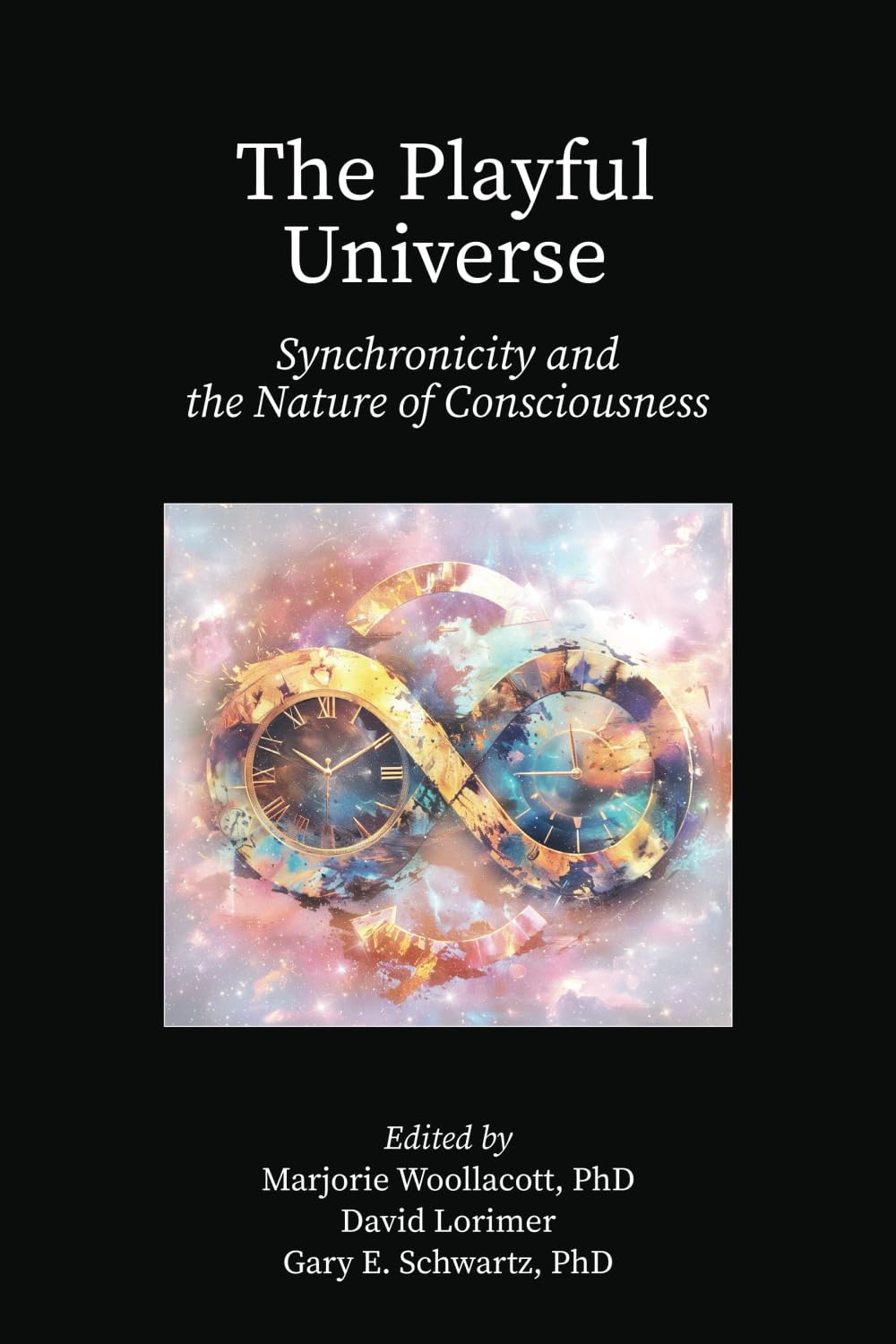
This volume consists of essays by scientists and academics describing their own experiences of synchronicity and how these experiences transformed both their worldview and the way they lived their lives. We truly believe that this is a fundamentally intelligent, benevolent, creative and playful universe in which we, as individual expressions of the one Universal Mind, co-create our reality.
Recent News
Bridging Science and Spirit – Nisha Manek
Fascinated by the mysterious power of human intention to make things happen? Discover its real-world applications by exploring the breakthrough research of psychoenergetic science.
Water, Healthcare, and Destiny – Stephen Schwartz
The Schwartzreport tracks emerging trends that will affect the world, particularly the United States. For EXPLORE it focuses on matters of health in the broadest sense of that term, including medical issues, changes in the biosphere, technology, and policy considerations, all of which will shape our culture and our lives.
The search for extraterrestrial life – Gerard Aartsen
But when we broaden our inquiry into the nature of extraterrestrial life by including additional methods of questioning, as we take into account science’s self-declared limitations, avantgarde scientific experiments that look beyond those limitations, the latest scientific insights, previously esoteric notions about the nature of matter, and eyewitness accounts from people the world over, a plausible window opens onto a world as yet unseen, but one that can well be explained and argued, even within the limits of our current understanding.
Life is One – The Teachings of George Adamski
A website, published by Gerard Aartsen, a Galileo Commission affiliate, highlights the teachings of George Adamski and beautifully summarises leading evidence that we are all interconnected and that life is one. Indeed, the Adamski case points in the same direction as do the conclusions of the Galileo Commission Report.
Mind Beyond Brain
This fine book should be widely read and debated as we try to formulate a radical new perspective where mind is a central part of nature rather than an epiphenomenon of neural processes. This will lead to a new and constructive relationship between science and spirituality.
The Flip
This bold and eloquent book delivers a necessary ‘ontological shock’ and maps a potentially expanded future of knowledge where the ‘inside’ of matter is mind - surely a crucial step to take and one that completely reframes our understanding of consciousness and reality.
